Overview
The blog discusses the importance of sustainable practices in knife making, highlighting environmental responsibility, ethical sourcing of materials, and economic sustainability. It emphasizes the role of consumers in supporting sustainable brands and the innovations shaping the industry. Overall, it advocates for a balance between tradition and modern techniques to ensure a sustainable future for knife making.
Frequently Asked Questions
1. What is the focus of the blog on knife making?
2. Why are sustainable practices important in knife making?
3. How can knife makers ensure ethical sourcing of materials?
4. What role do consumers play in promoting sustainable knife making?
5. What innovations are influencing sustainable practices in knife making?
Knife making is an ancient craft that has evolved through centuries, marrying artistry with functionality. The modern knife industry has seen a renewed focus on sustainable practices, especially in light of environmental challenges and ethical considerations. In this blog post, we’ll explore the ethics of knife making, with a keen emphasis on sustainable practices that benefit both artisans and the planet.
The Importance of Sustainable Practices in Knife Making
As consumers become more conscientious about their purchases, the need for sustainability in various industries grows. Knife making, particularly when it comes to iconic materials like Damascus Steel, is no exception. Sustainable practices not only help protect the environment but also enhance the overall quality of the products offered.
Environmental Responsibility
Environmental responsibility involves using materials and methods that minimize harm to the planet. This is particularly crucial in knife making, where the sourcing of materials can have significant implications. Using responsibly sourced steel, like Damascus Steel, contributes to a more sustainable future. Here’s how:
- Recycling Metal: Many knife makers are turning to recycled metals for crafting blades, which lowers energy consumption and reduces waste.
- Minimal Waste Production: Techniques that focus on precision minimize scrap metal, thereby reducing overall waste.
- Environmental Standards: Many reputable knife makers adhere to environmental standards for the sourcing and treatment of materials.
Ethical Sourcing of Materials
To create an ethically made knife, the sourcing of materials is paramount. This involves ensuring that every component, from the blade to the handle, comes from sustainable sources. The use of Damascus Steel can be especially ethical if produced responsibly. Here’s what to consider:
Steel Production
The production of steel can be resource-intensive, requiring vast amounts of energy and raw materials. Knife makers can contribute to sustainability by:
- Choosing Local Suppliers: Sourcing materials locally not only cuts down on transportation emissions but also supports local economies.
- Fair Trade Practices: Ensuring that the steel production process respects labor rights and compensates workers fairly is crucial.
Handle Materials
Beyond the blade, the handle materials of knives also present opportunities to adopt sustainable practices:
- Wood from Sustainable Forests: Using wood from FSC-certified forests helps ensure that trees are harvested responsibly.
- Recycled Materials: Some knife makers opt for recycled plastics or metals, thereby reducing the environmental footprint.
Cultural Considerations in Knife Making
Knife making is not just a craft; it’s an art form that often reflects cultural heritage. Preserving traditional practices while integrating sustainable techniques can lead to a unique approach to knife making.
Honoring Traditions
It’s essential to respect the traditions of knife making while seeking sustainable practices:
- Training Future Generations: Mentoring young artisans in both traditional and sustainable practices ensures the craft continues for years to come.
- Cultural Sensitivity in Material Selection: Knowing the cultural significance of certain materials and using them responsibly reinforces respect within the craft.
Economic Sustainability
For knife makers, sustainable practices extend beyond environmental impact; they also encompass economic sustainability. A responsible business model ensures longevity and supports the craft’s future.
Fair Pricing
In a market often flooded with cheap, mass-produced knives, fair pricing can affirm the value of artisanal craftsmanship:
- Investing in Quality: By pricing knives according to their craftsmanship and materials, makers can emphasize the importance of quality over quantity.
- Sustainable Business Models: Small businesses can thrive by focusing on ethical sourcing, local partnerships, and community engagement.
Building Customer Relationships
The foundation of economic sustainability lies in building strong relationships with customers. Transparency about the knife-making process enhances trust and loyalty:
- Sharing Stories: Sharing the story behind each knife, including its materials and the artisans who made it, adds value.
- Engagement with Communities: Engaging customers through workshops and social media can build a loyal community around the brand.
Innovations in Knife Making
As technology advances, so does the opportunity to incorporate sustainable practices in knife making. Innovations can lead to better materials, processes, and designs.
Modern Techniques
New methodologies in metalworking, including digital fabrication, allow for more precise and efficient knife making, directly impacting sustainability:
- CNC Machines: These machines reduce wasted materials and allow for intricate designs that maximize utility.
- Advanced Heat Treatment: Modern techniques can enhance the durability of knives made from Damascus Steel, leading to longer-lasting products.
Green Certifications
Obtaining certifications for sustainability can set a knife maker apart in a competitive market. These certifications not only validate the business’s commitment to sustainability but also appeal to today’s eco-conscious consumers:
- ISO 14001 Certification: This international standard provides a framework for effective environmental management systems.
- Green Business Certifications: Programs that recognize sustainable practices can help businesses attract new customers who prioritize eco-friendly products.
The Role of the Consumer
Consumers play a crucial role in promoting ethical knife making and sustainable practices. By making informed purchasing decisions, they can support brands aligned with their values.
Supporting Sustainable Brands
When consumers choose to buy from sustainable knife makers, they help drive market demand for ethical practices within the industry:
- Research Brands: Investigating the practices of different knife makers can uncover those genuinely committed to sustainability.
- Share Knowledge: Customers can help educate others about the importance of sustainability in knife making, fostering a culture of responsible consumption.
Emphasizing Quality Over Quantity
Making the shift from fast consumerism to valuing quality can lessen environmental impact:
- Investing in Durability: High-quality knives made from materials like Damascus Steel might cost more upfront, but their longevity offers better value over time.
- Repairing Instead of Discarding: Encouraging repair instead of replacement reduces waste and upholds the value of craftsmanship.
Final Insights: Forging a Sustainable Future
The ethics of knife making encompass a wide array of practices that address environmental, cultural, and economic considerations. By continuing to innovate and commit to sustainable methods, artisans can craft not only beautiful tools but also play a role in preserving our planet. The journey toward sustainability in the knife-making industry is just beginning, and with the support of conscious consumers, we can reshape the future of this enduring craft. Together, we can honor both tradition and innovation, ensuring that knives made from Damascus Steel and beyond are crafted with the environment and our communities in mind.






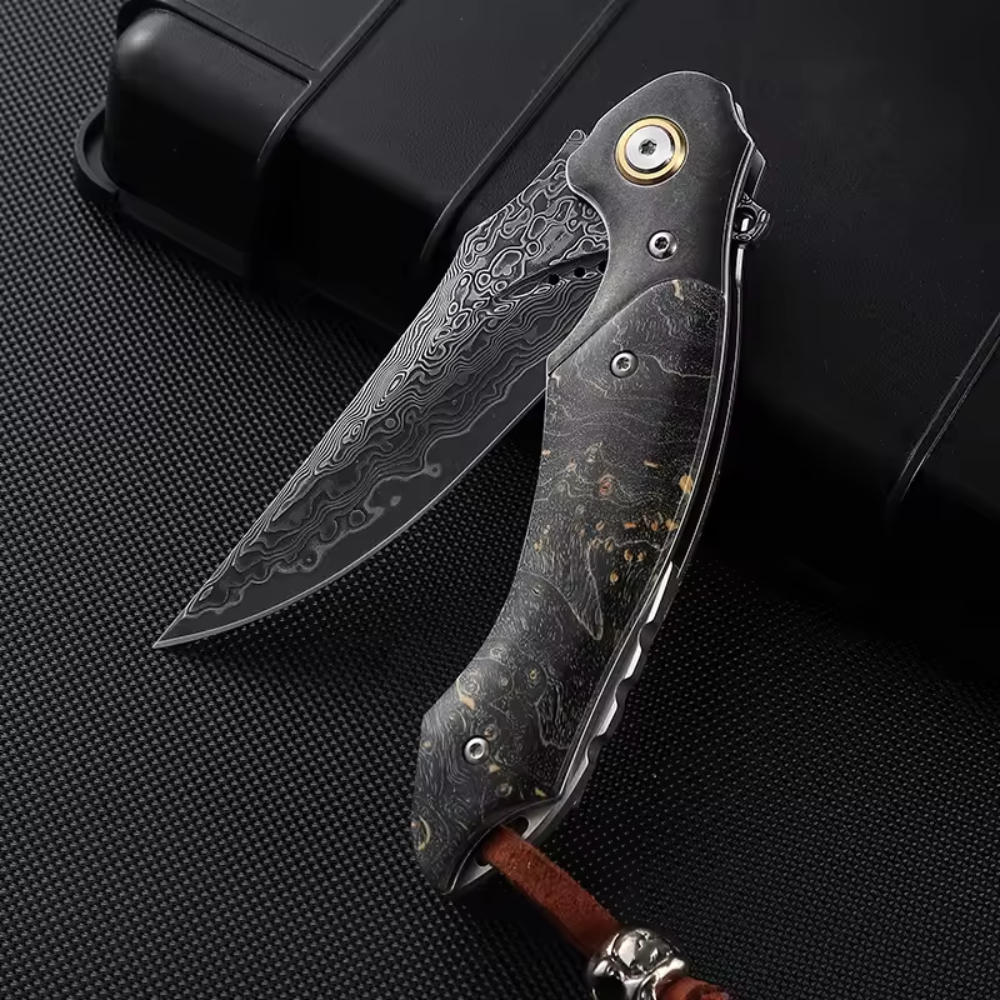
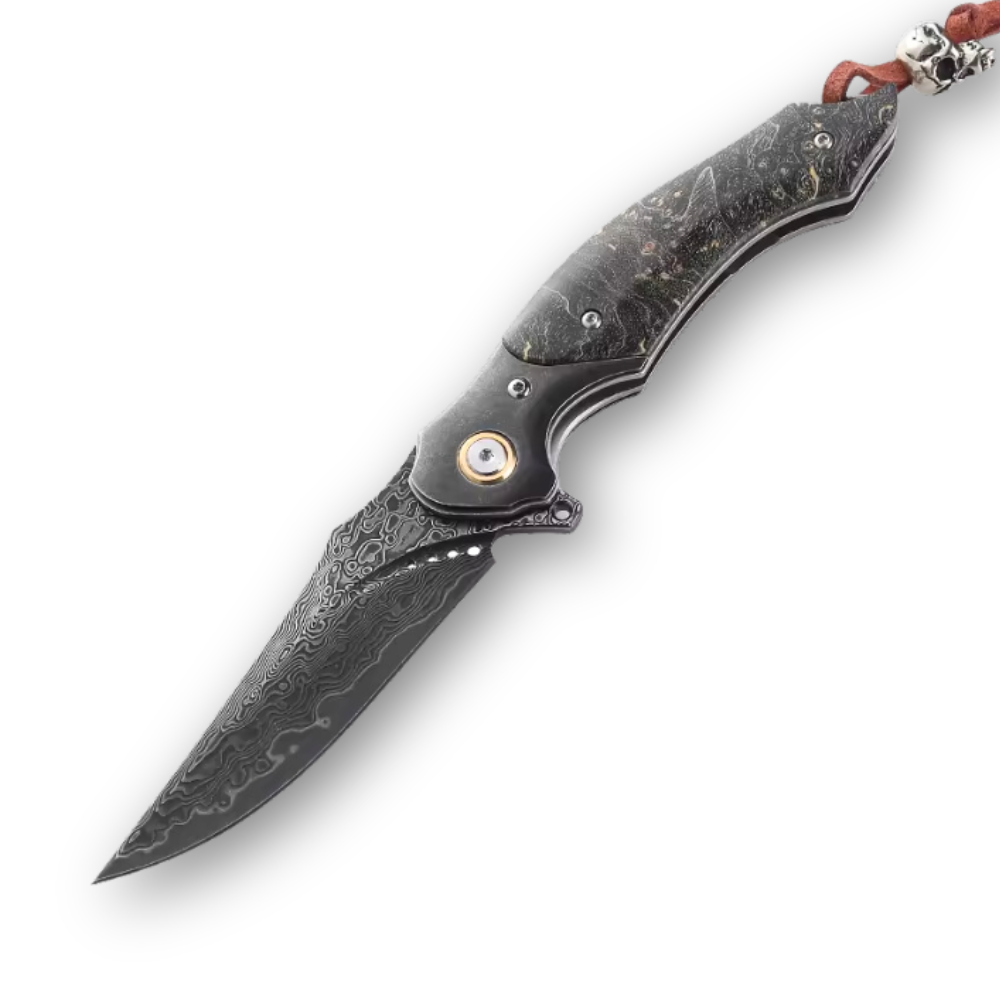
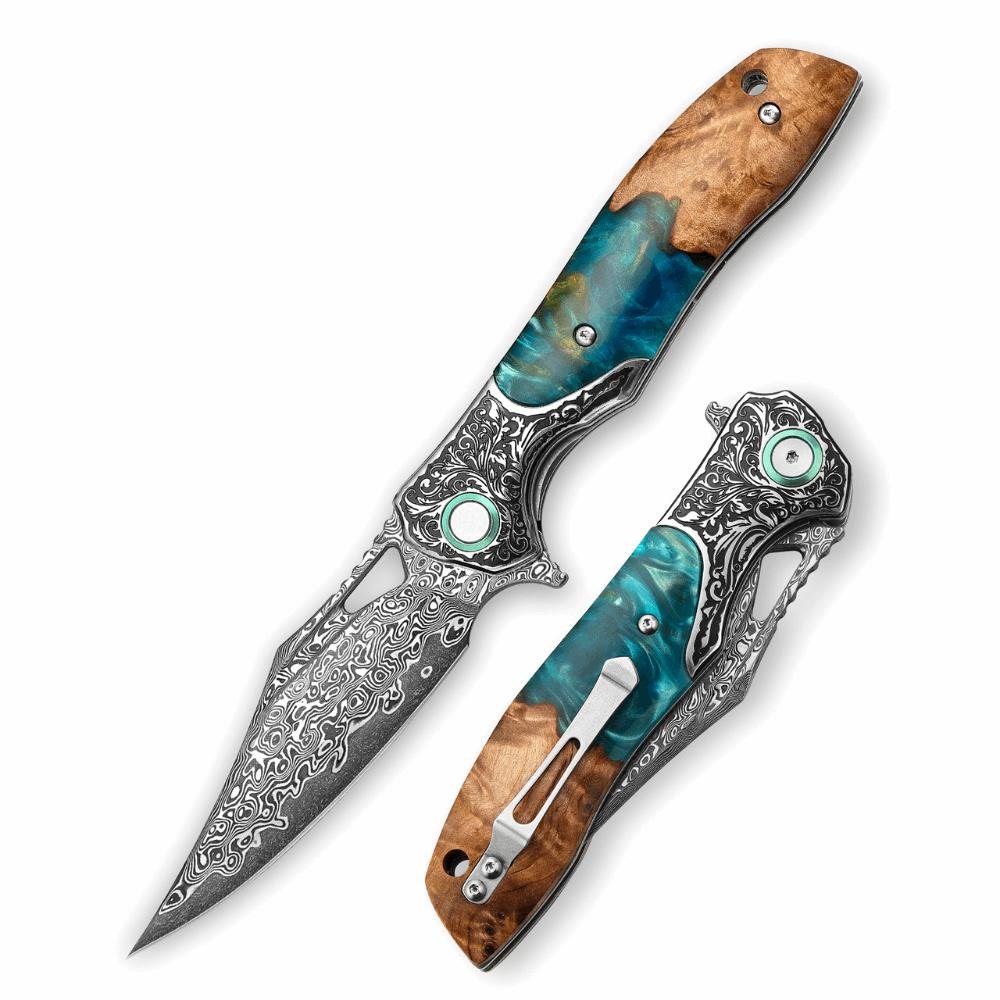
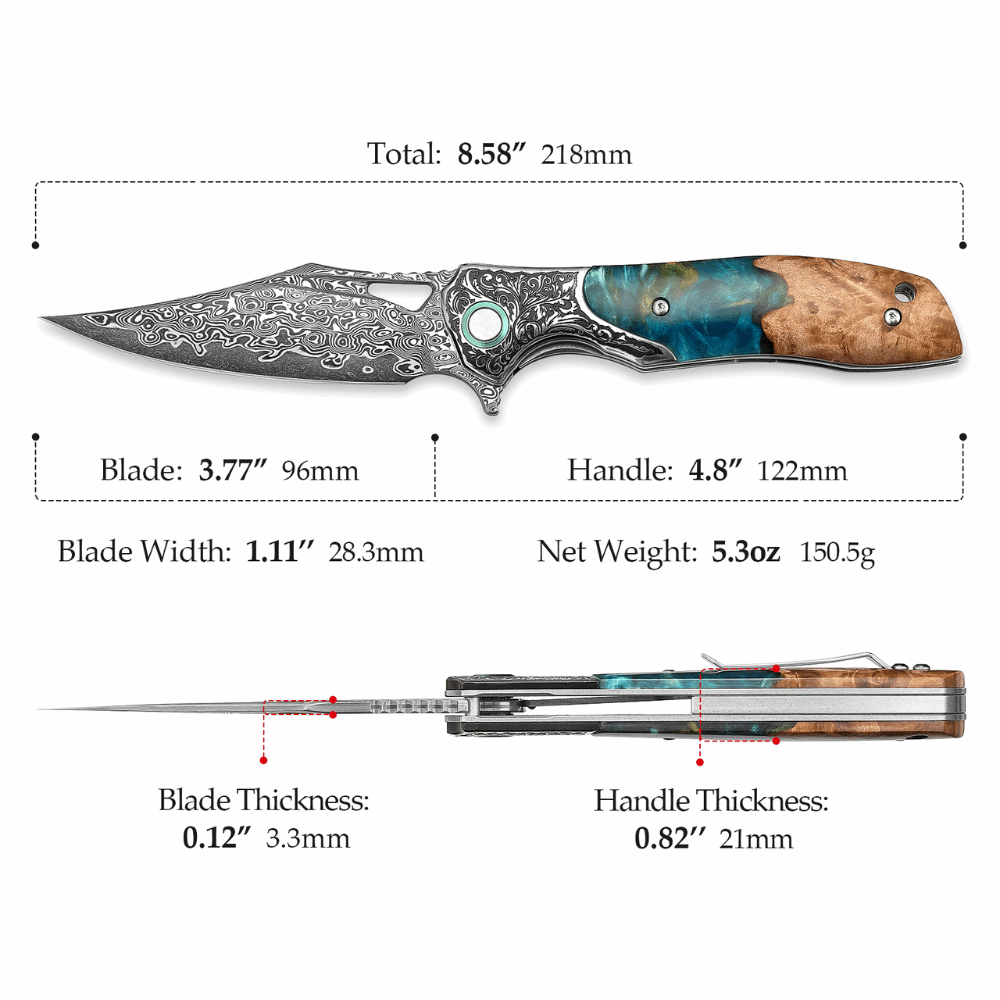
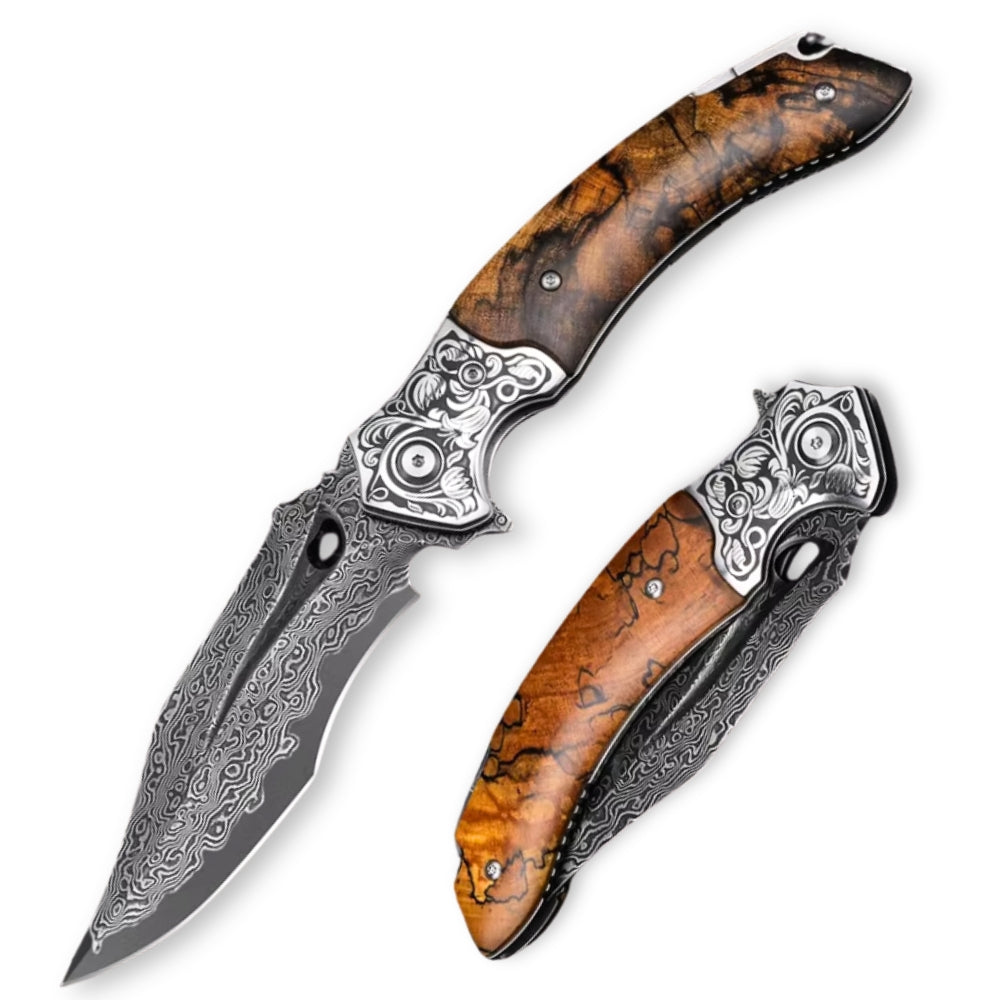
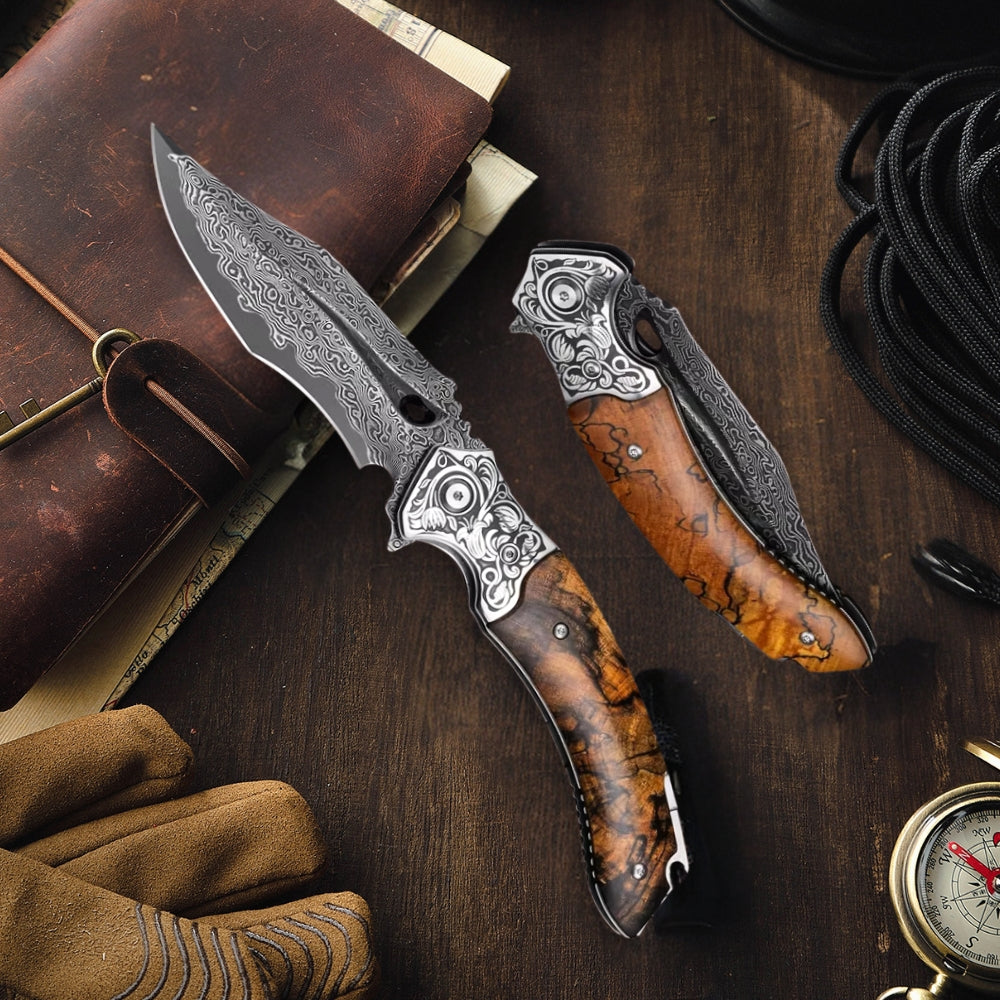
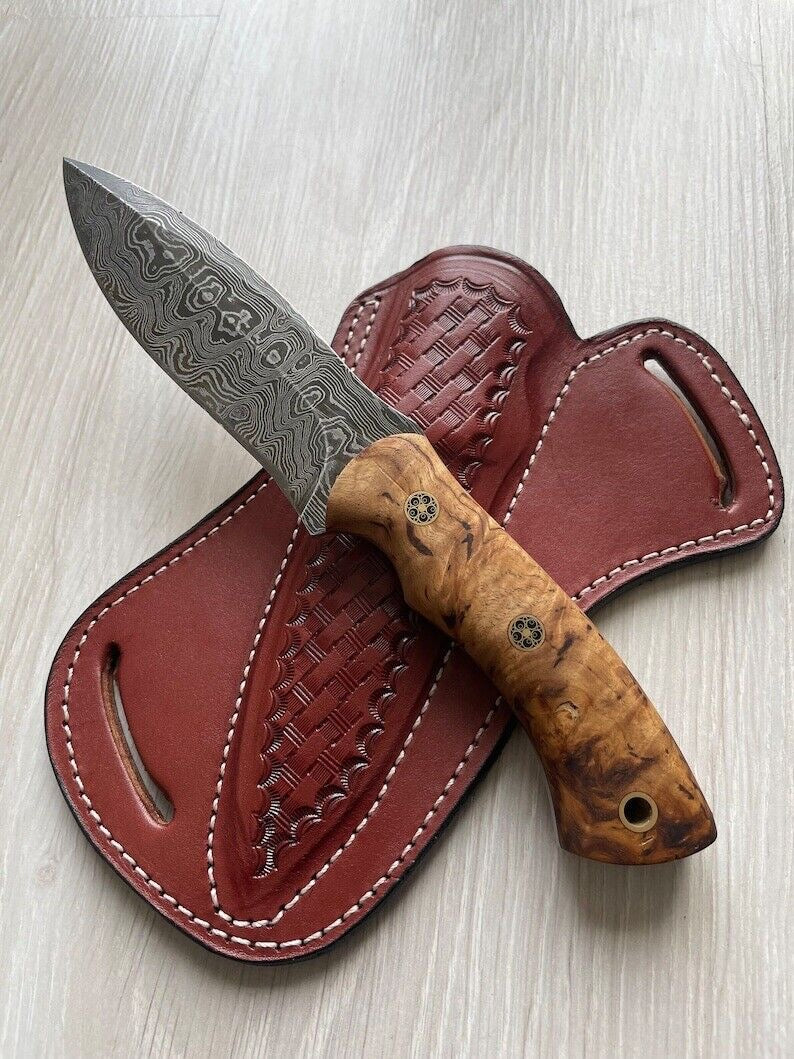
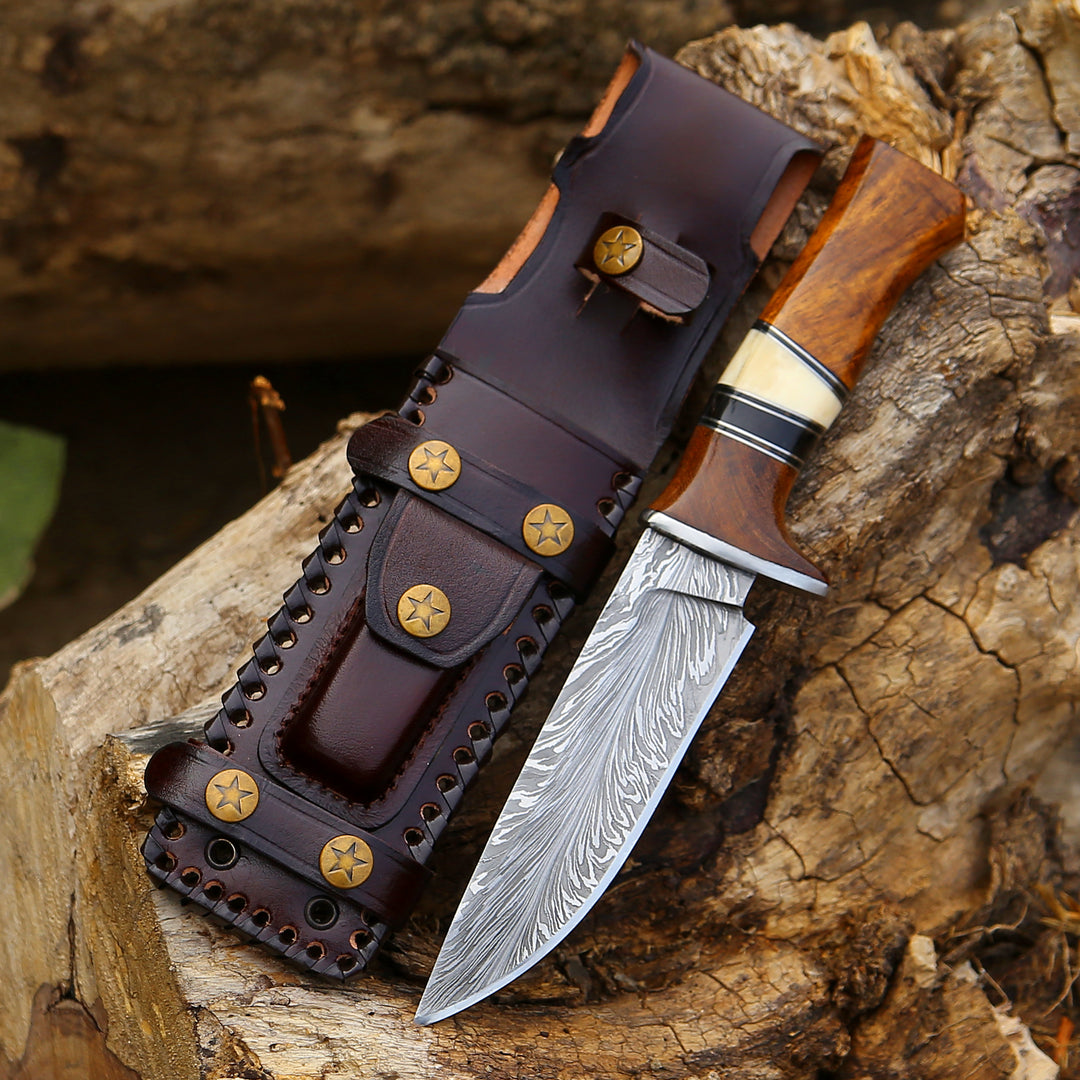
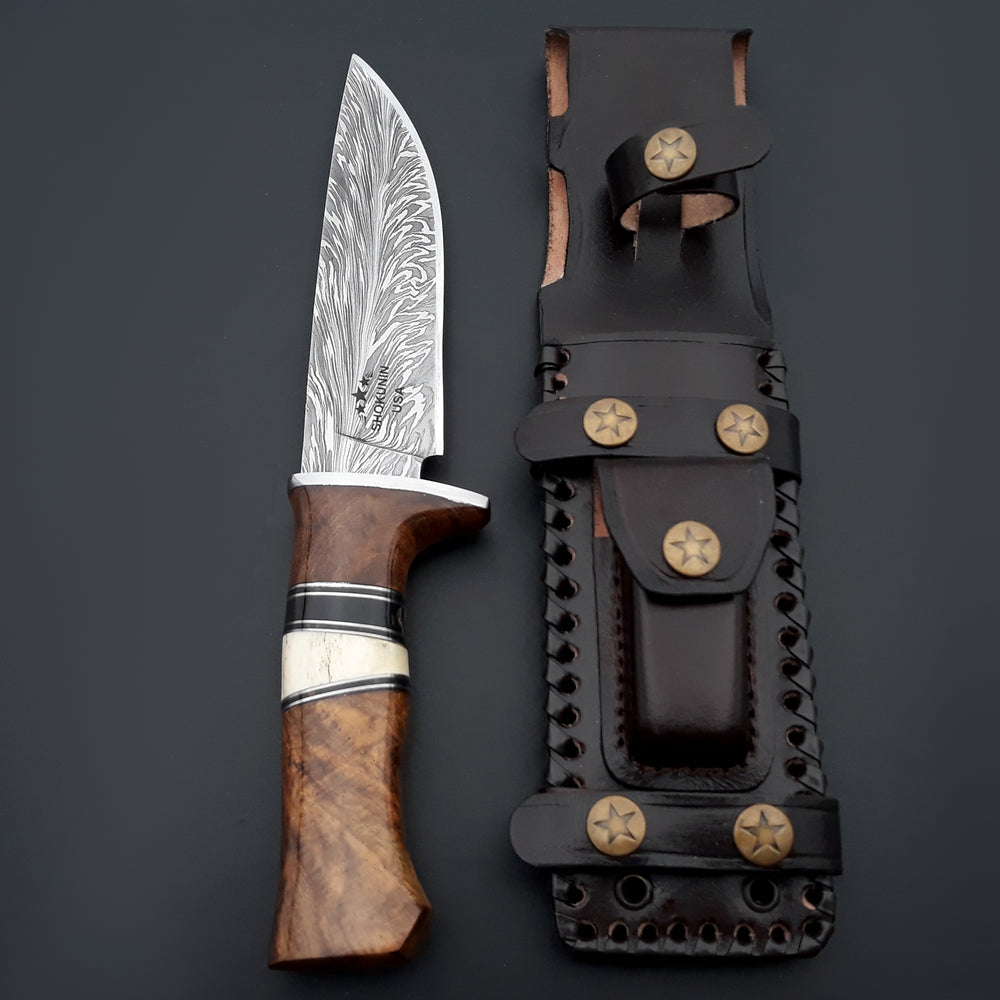
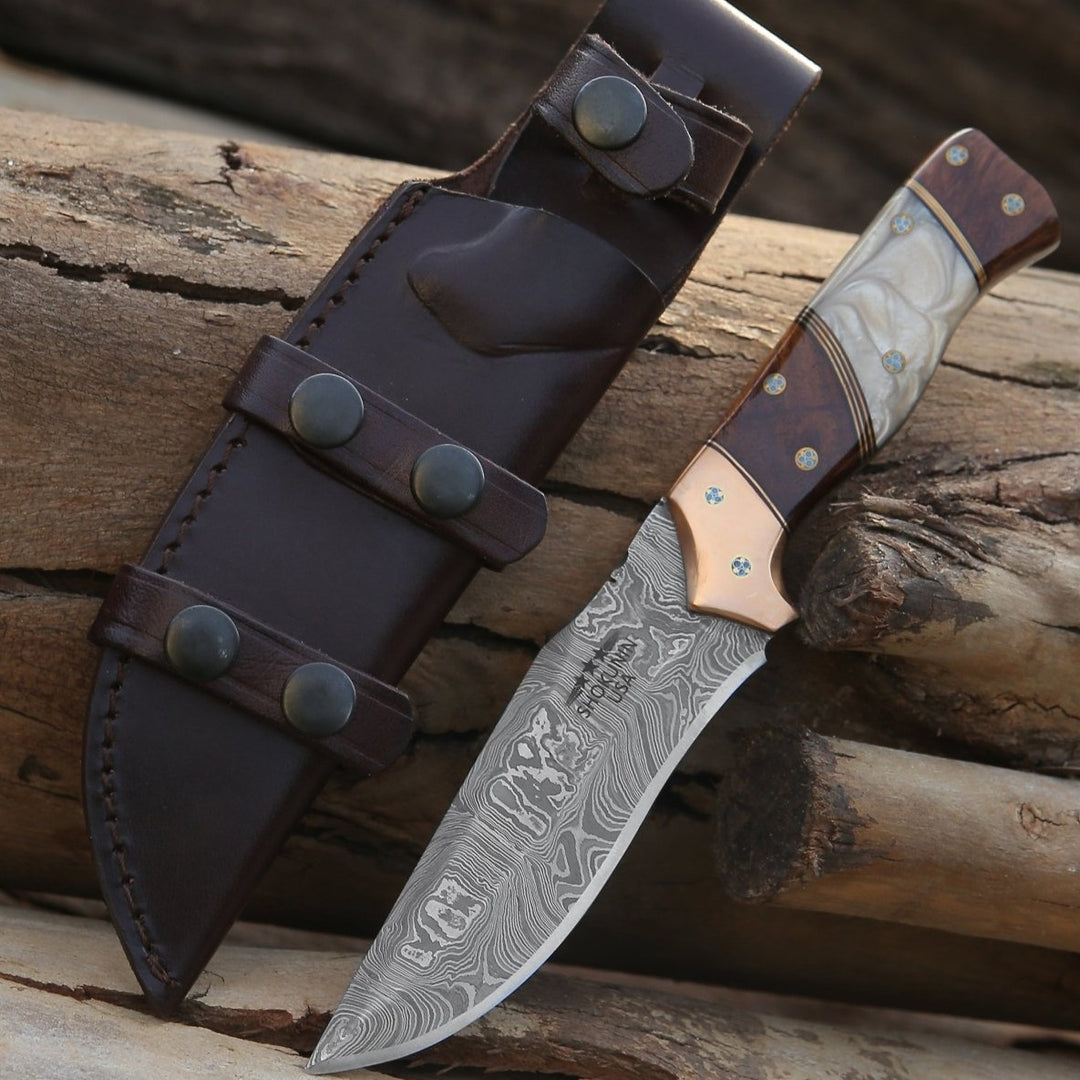
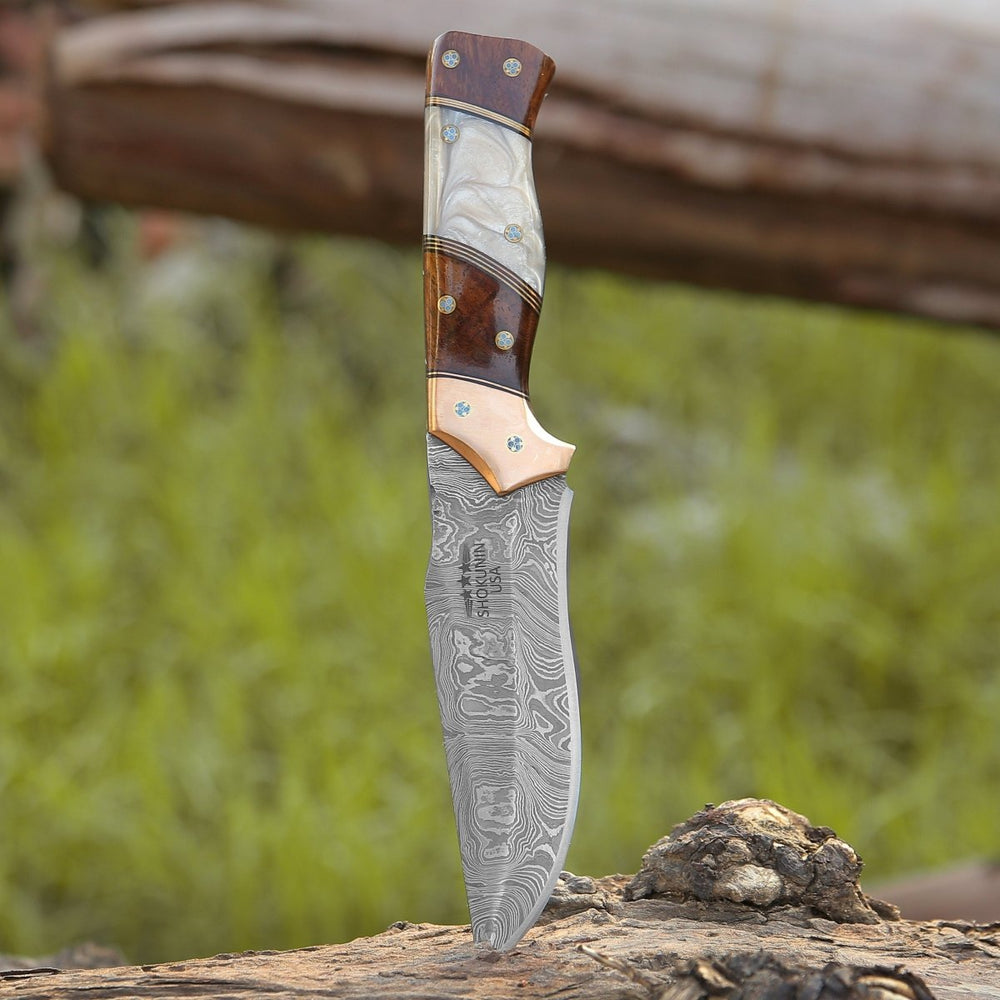
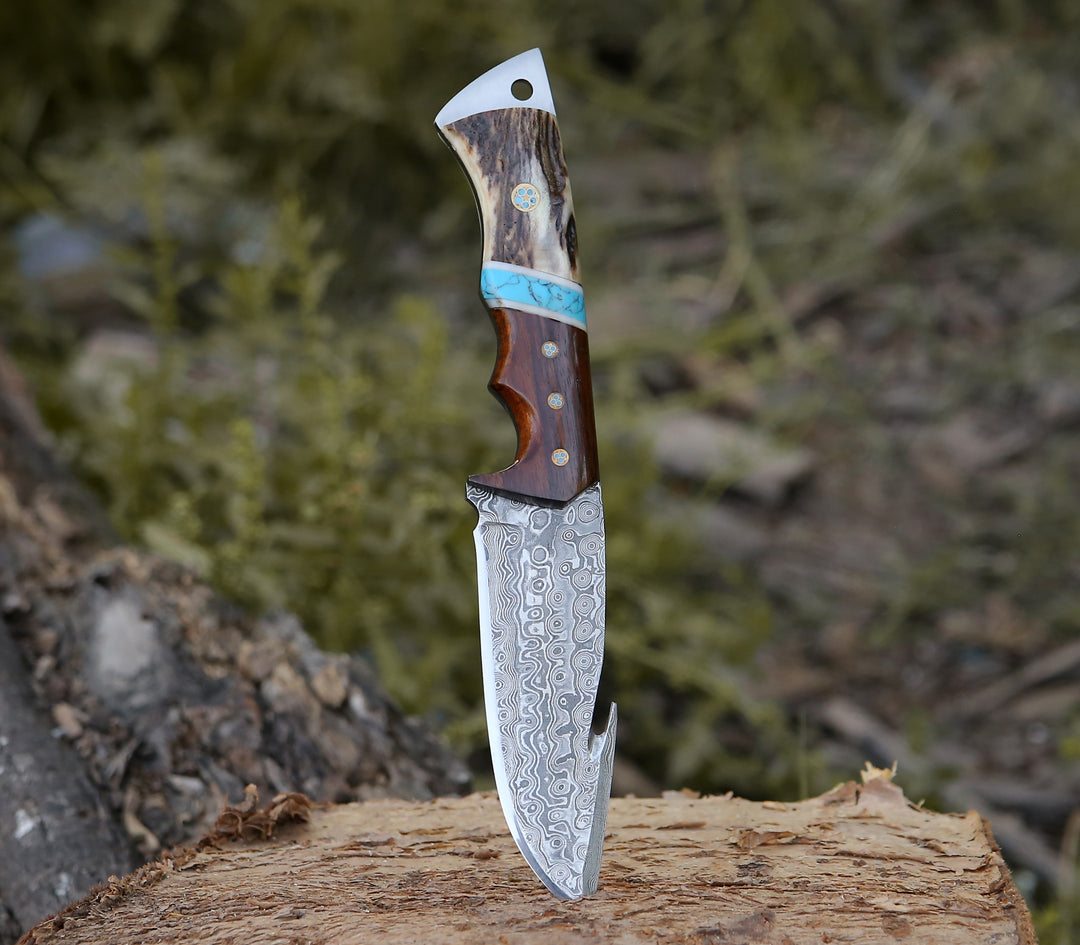

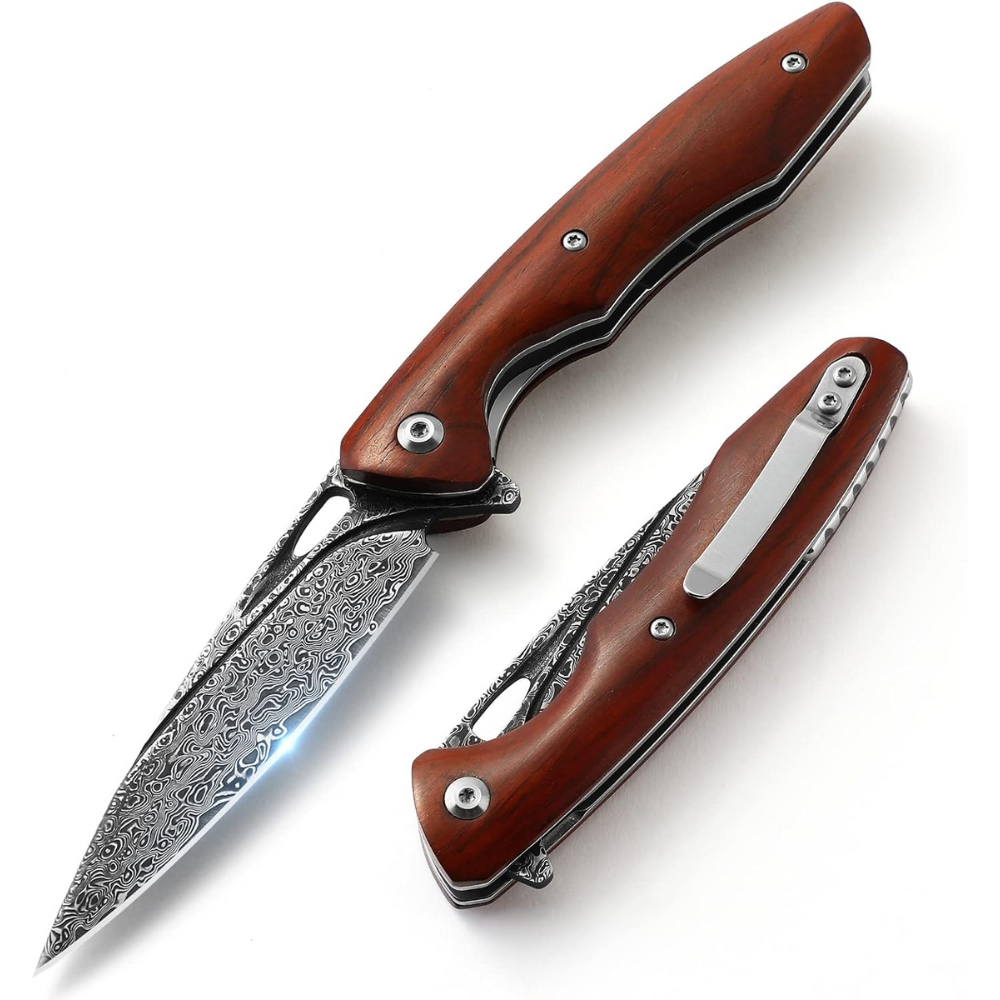
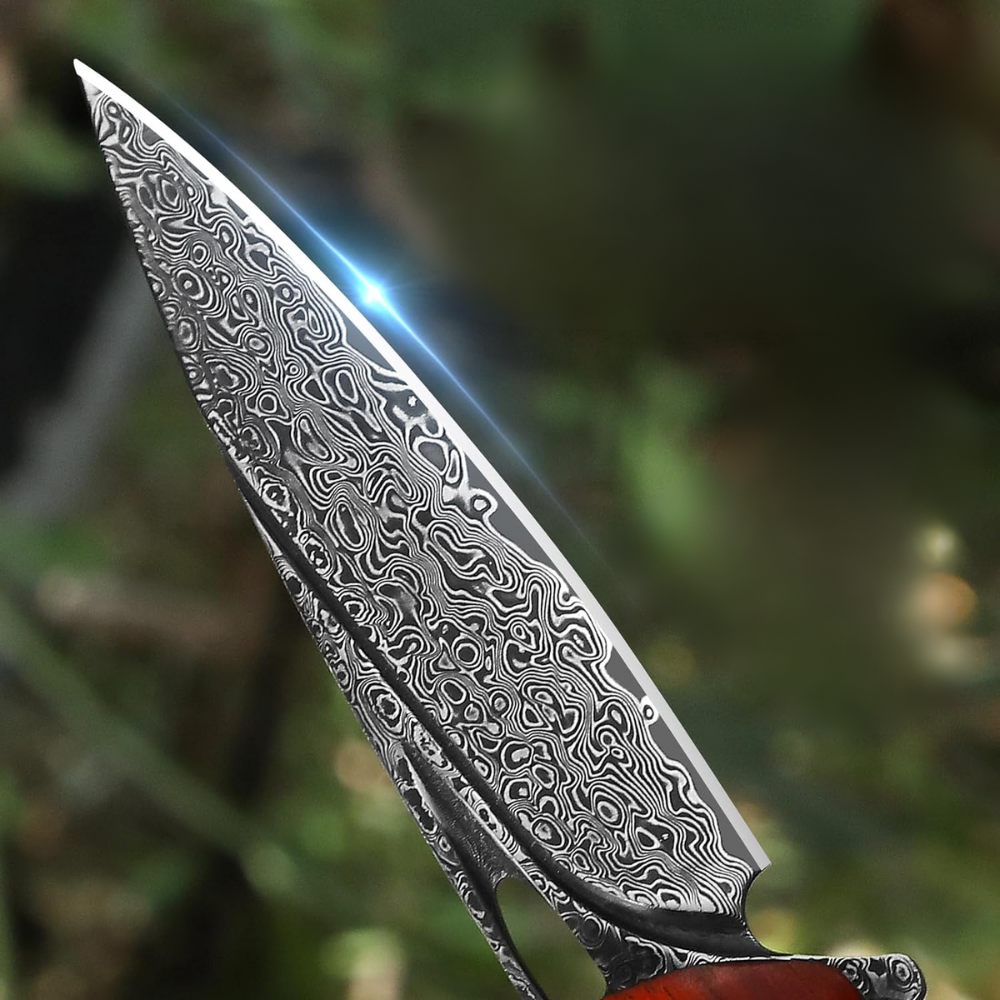
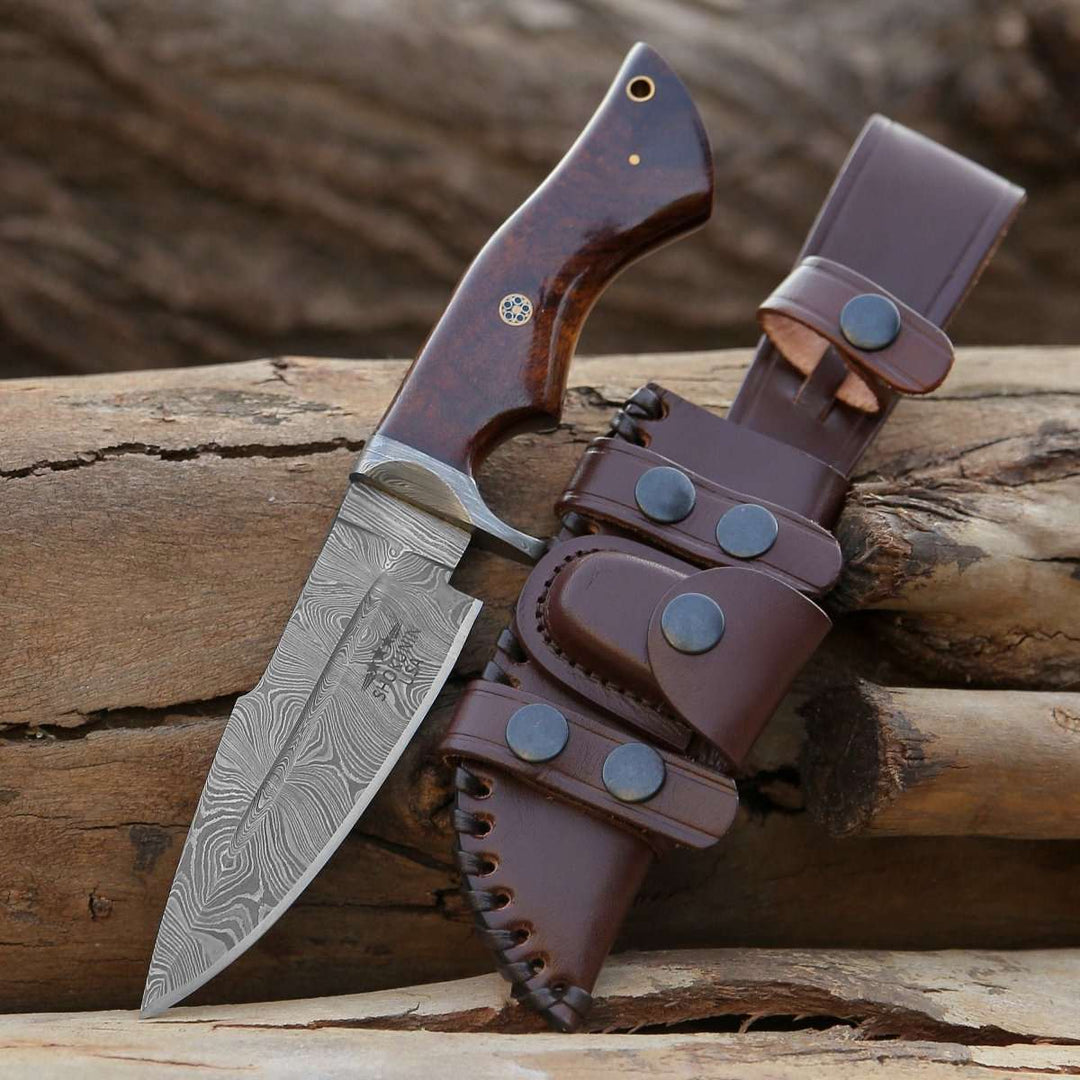
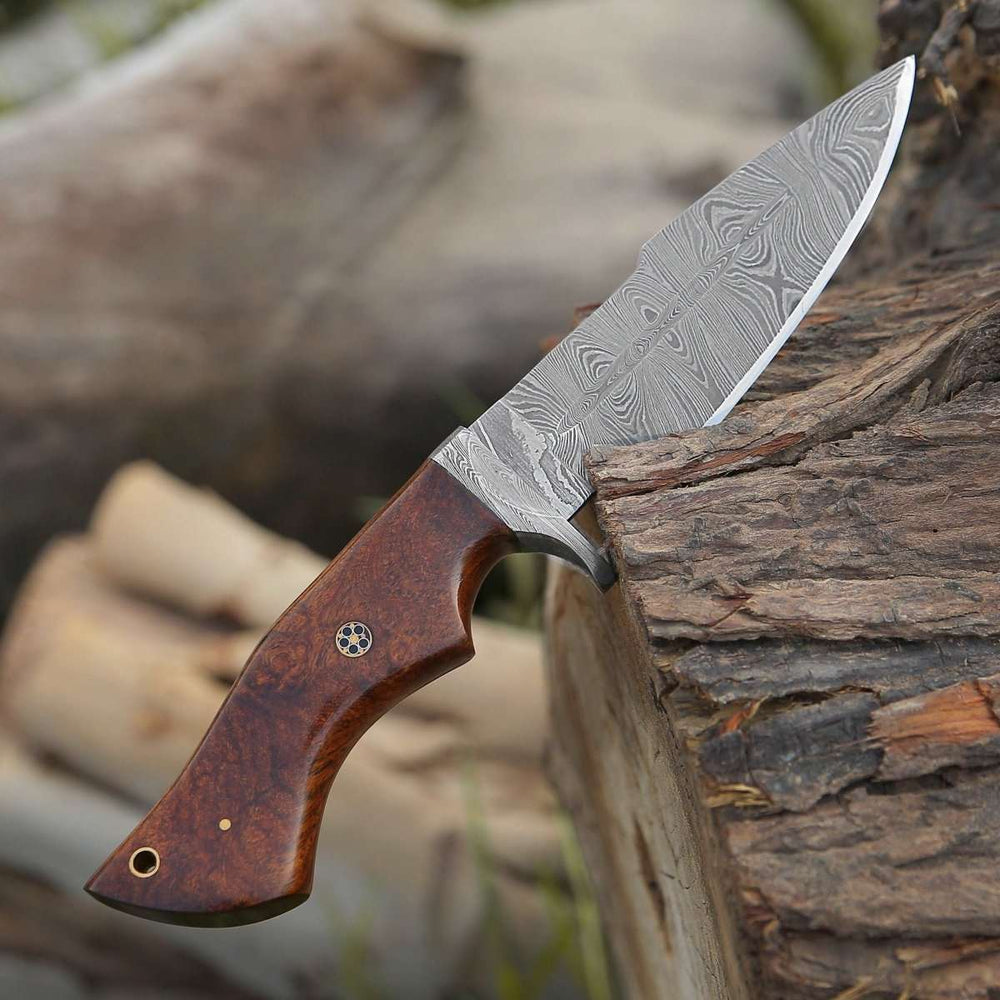
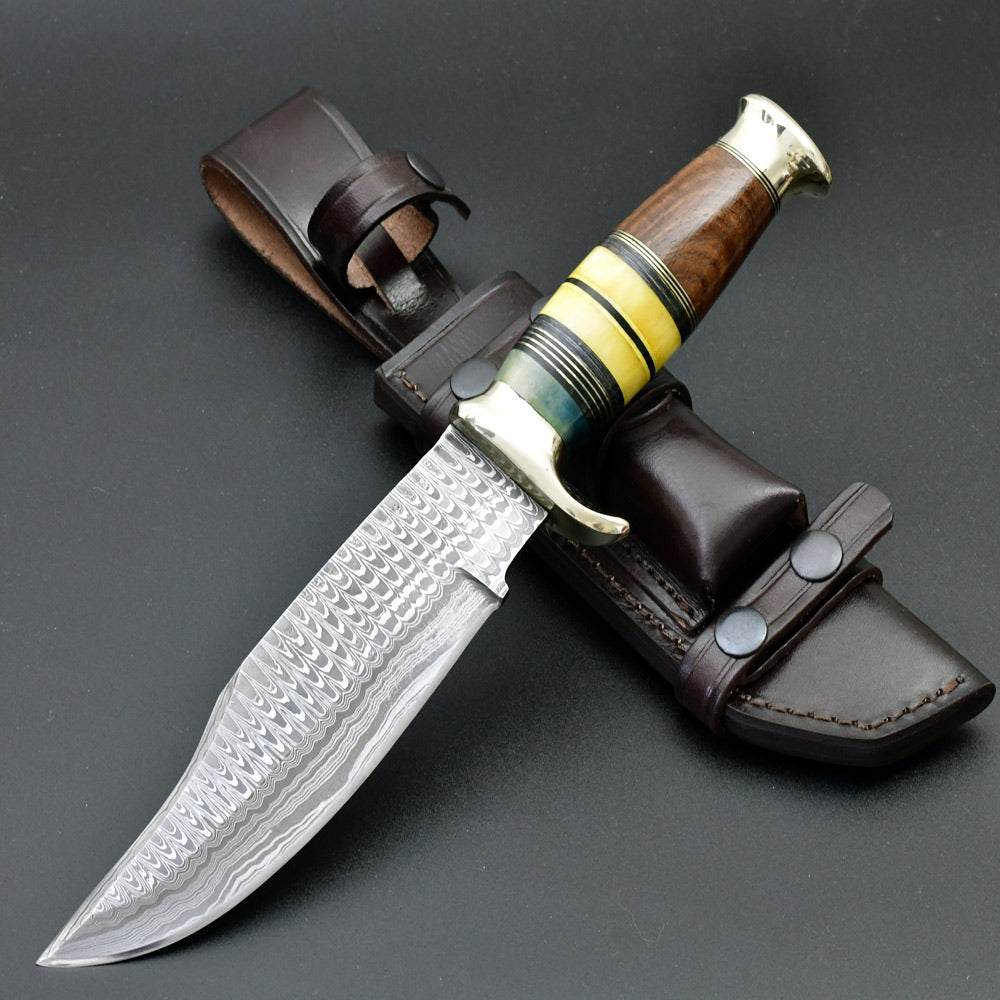
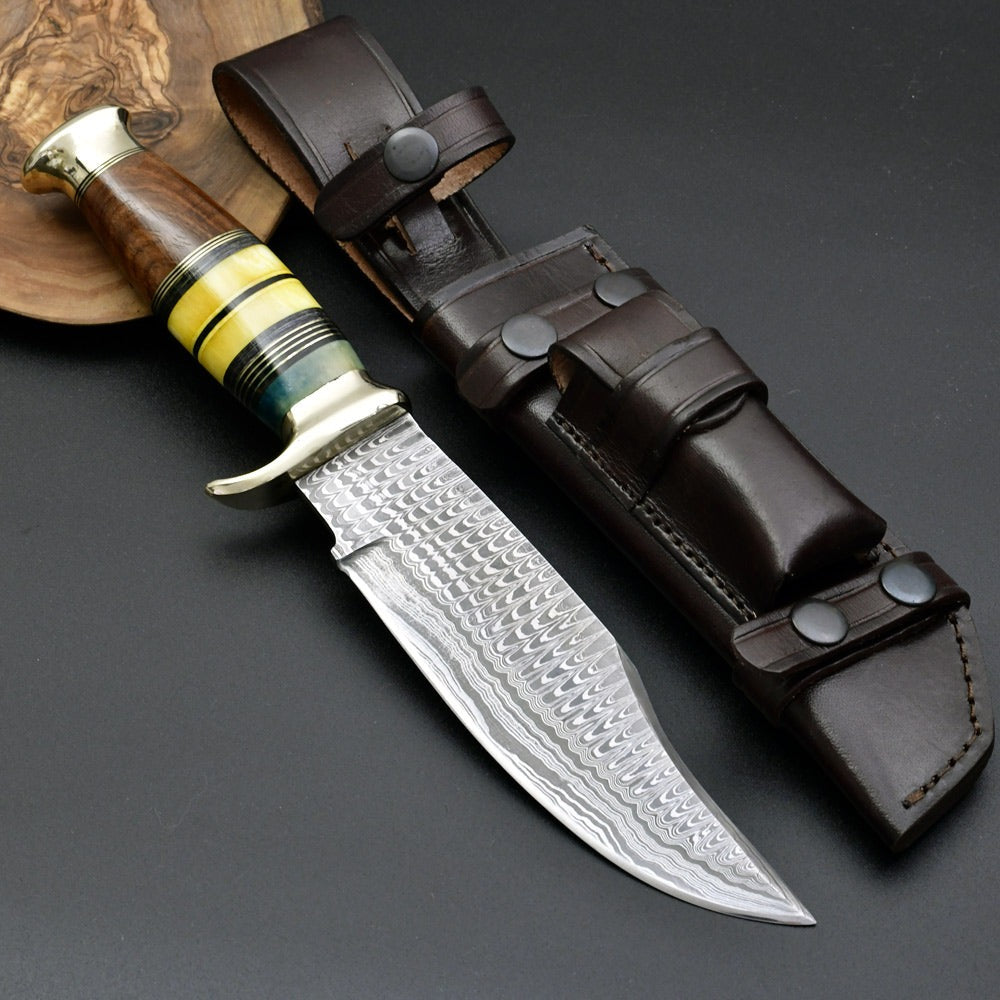
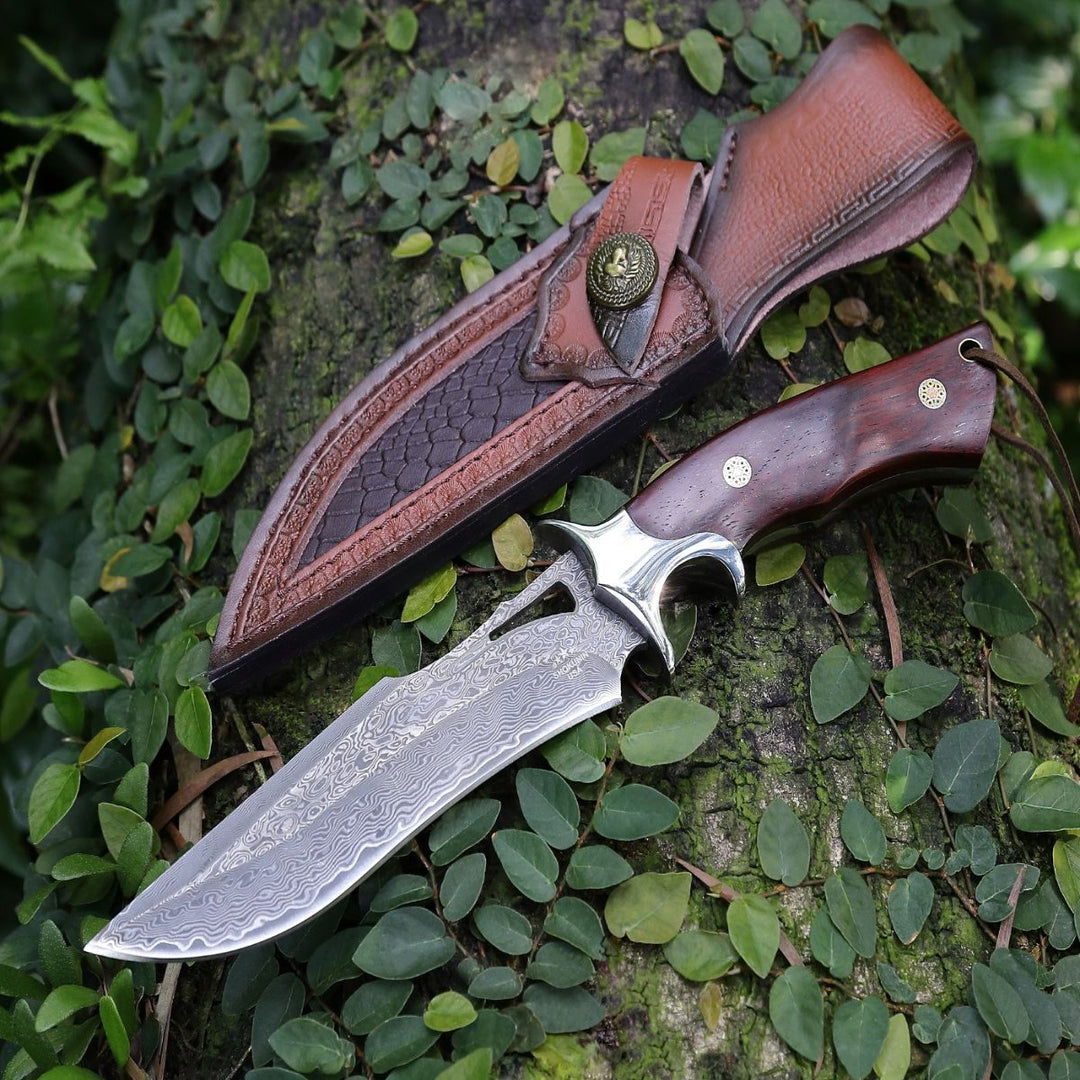
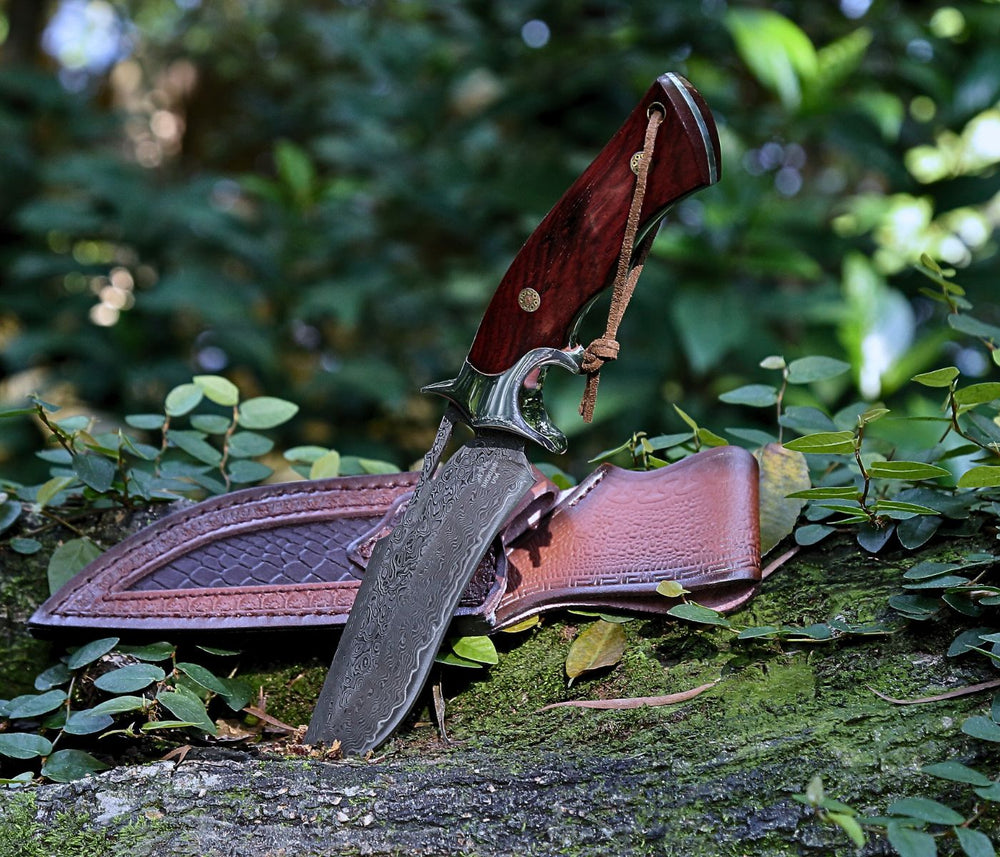
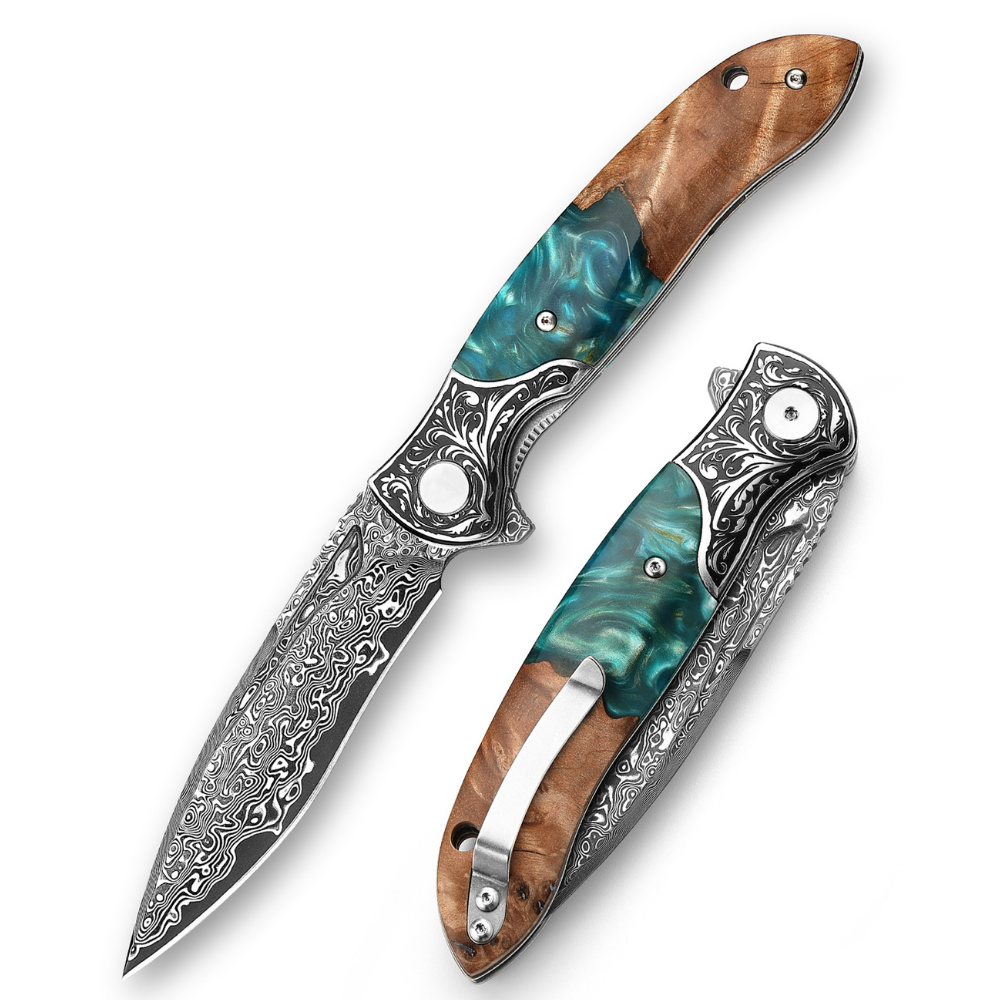
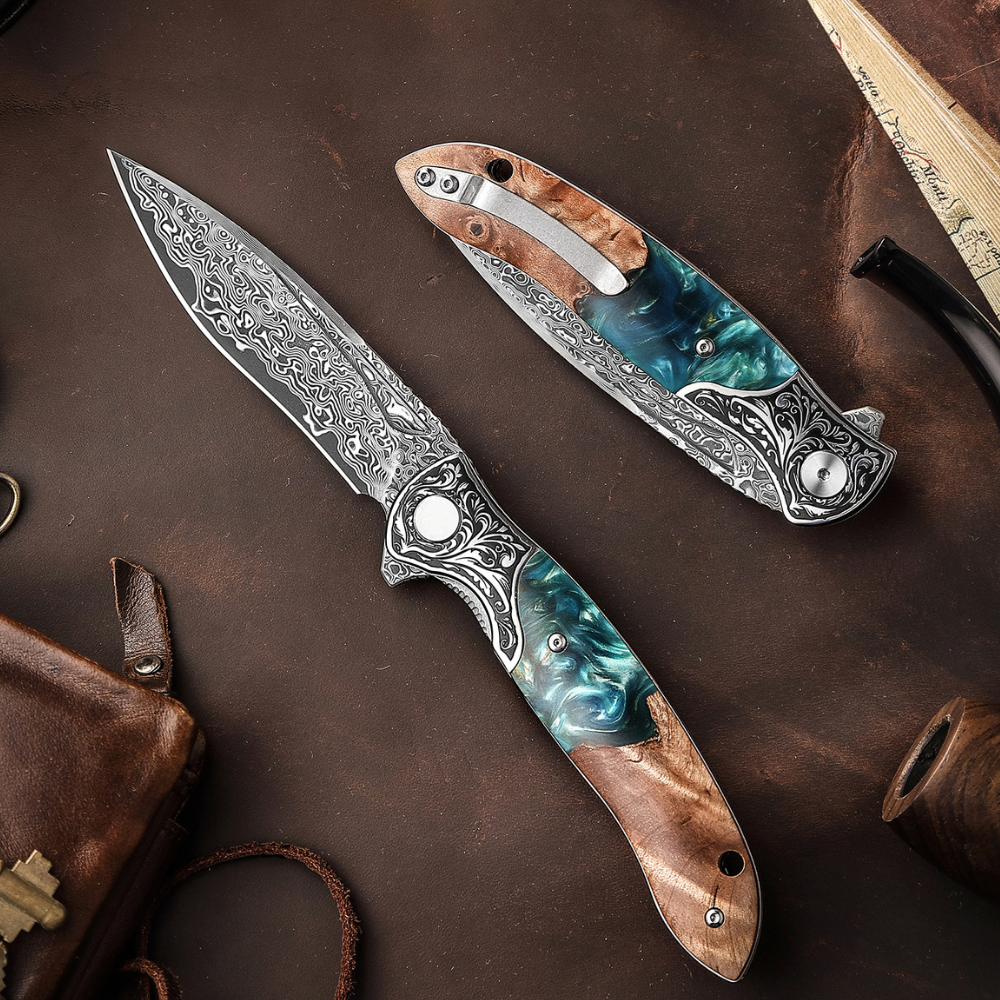
Leave a comment